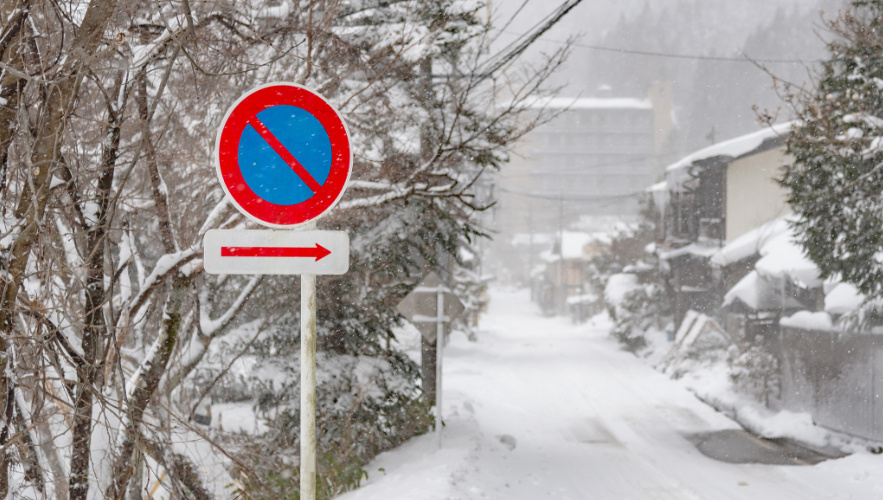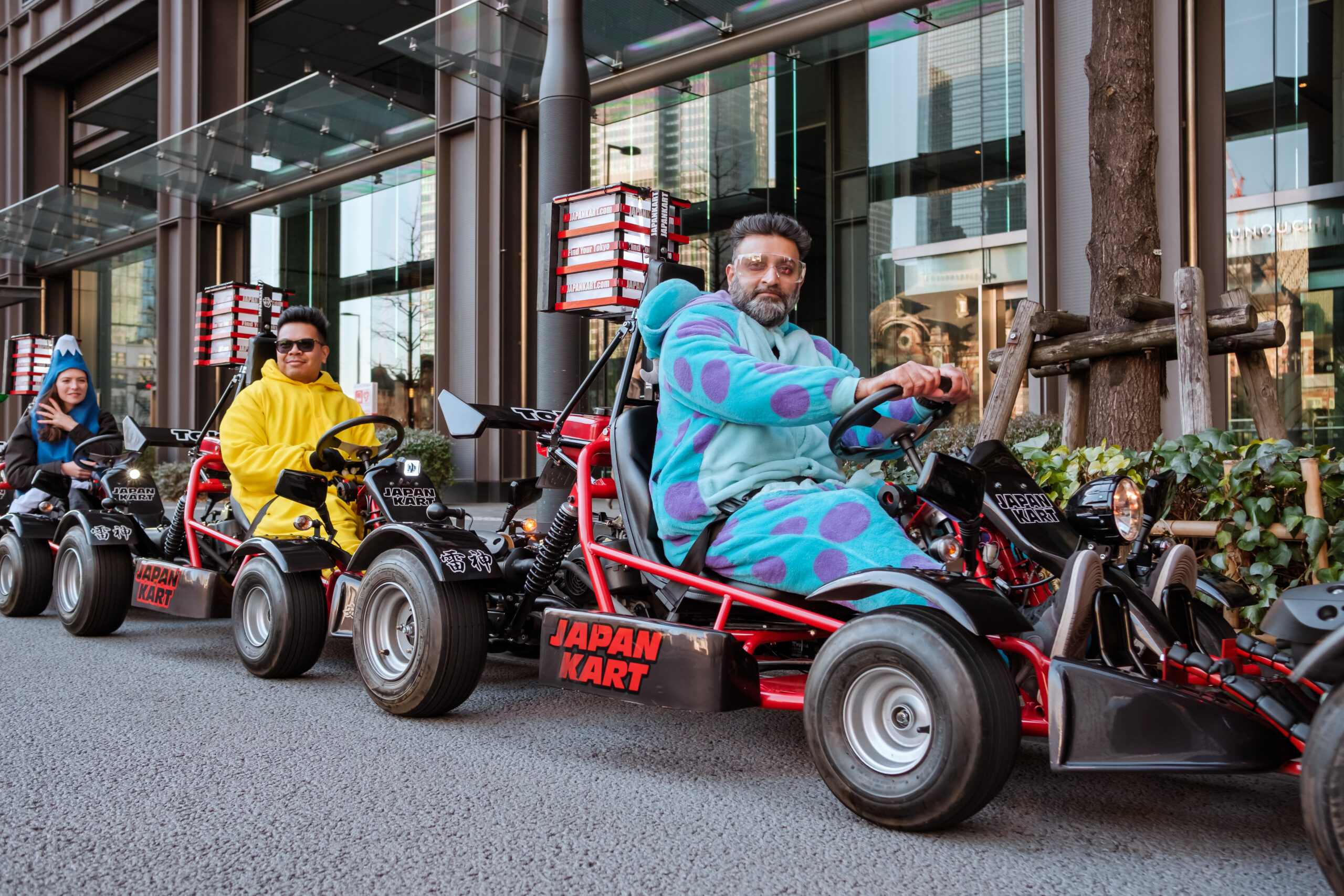Japan’s onsen culture is one of the country’s most cherished traditions – an experience that blends relaxation, natural beauty, and centuries of bathing customs. However, for foreign travelers, especially those with tattoos, visiting an onsen can feel intimidating. Questions like “Are tattos allowed?”, “What should I do before entering the baths?”, or “Will people stare at me?” are incredibly common.
This comprehensive guide to Onsen Etiquette for Foreigners with Tattoos will walk you through everything you need to know: the cultural background, modern rules, practical do’s and don’ts, and how to enjoy the experience respectfully, confidently, and comfortably.
Many foreign travelers choose a private onsen as their first experience to avoid confusion around shared bathing rules. If you are planning a stay in Kyoto, our private onsen ryokan guide for Kyoto walks you through the best accommodation options, what “private onsen” actually means in Kyoto, and how to choose a ryokan that fits your comfort level.
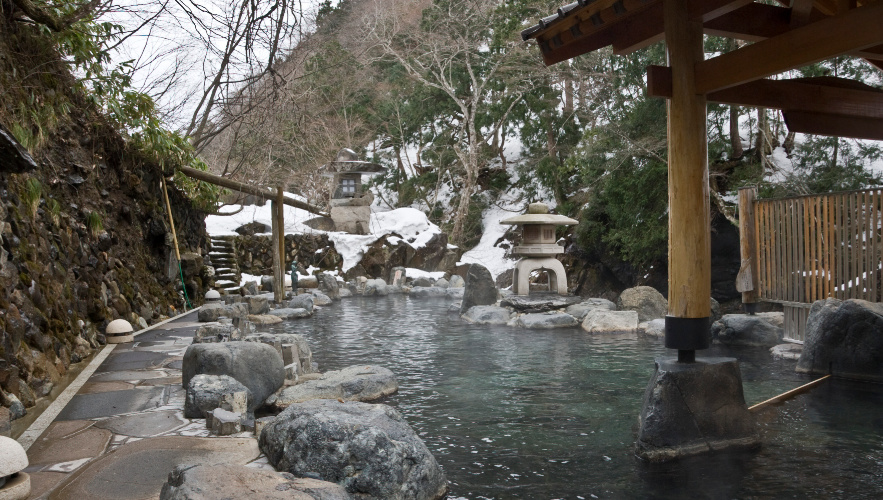
Understanding Onsen Culture in Japan
Onsen bathing is more than simply soaking in hot water. It’s a deeply rooted cultural practice connected to purification, relaxation, and community. For Japanese visitors, following proper onsen etiquette shows respect not only for the facility but also for everyone sharing the bath.
Because onsen etiquette is implicitly understood among locals, many unwritten rules can feel confusing to international guests. This is why understanding the basics in advance will make your visit smoother and more enjoyable.
Why Tattoos Are Sometimes Restricted
Tattoos carry different meanings across cultures. While tattoos are widely accepted internationally, in Japan they traditionally evoke an association with yakuza (Japanese organized crime). For this reason, many onsen historically prohibited tattoos to avoid alarming other guests.
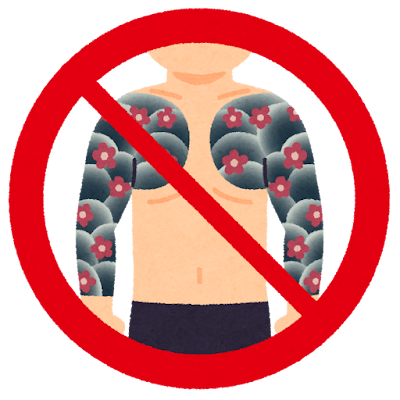
However, times are changing. With increasing international tourism and younger generations embracing tattoo art, many onsen have softened their rules. Some fully welcome tattooed guests, while others allow tattoos if they are small or can be covered. A growing number of “tattoo-friendly onsen” also exist, especially in popular tourist regions.
Still, each onsen sets its own policy – so it’s essential to be prepared.
Tattoo Policies: What Foreign Travelers Need to Know
Here are the most common tattoo policies you’ll encounter:
1.Full Acceptance
Some onsen openly welcome guests with tattoos of any size. These facilities often advertise being tattoo-friendly.
2.Conditional Acceptance
You may be allowed to enter if:
- the tattoo is small,
- the tattoo can be covered with a skin-colored sticker,
- you use a private bath (kazokuburo).
Many onsen sell or provide tattoo cover seals at the reception.
3.Strict Prohibition
A minority of traditional or rural onsen may still refuse entry to guests with visible tattoos. If unsure, ask the staff politely or check the facility’s website beforehand.
How to Prepare as a Tattooed Visitor
To avoid any awkward or uncomfortable situations, consider the following tips:
- Check the onsen’s tattoo policy online before visiting. Keywords like “タトゥーOK” (tattoo OK) often appear on Japanese websites.
- Bring tattoo cover stickers if your tattoos are small or medium-sized.
- Choose a ryokan or hotel with private onsen baths if you prefer privacy.
- Consider super sento or modern spa complexer, which tend to be more foreign-friendly.
General Onsen Etiquette: Step-by-Step Guide
Even without tattoos, proper onsen behavior is essential. Here is the standard onsen procedure, explained clearly for first-time visitors.
1.Remove Your Shoes at the Entrance
Many baths require leaving shoes in lockers before entering the changing room. Follow the local system and keep your locker key safely.
2.Enter the Correct Changing Room
Onsen are separated by gender:
男湯(おとこゆ)= men’s bath
女湯(おんなゆ)= women’s bath
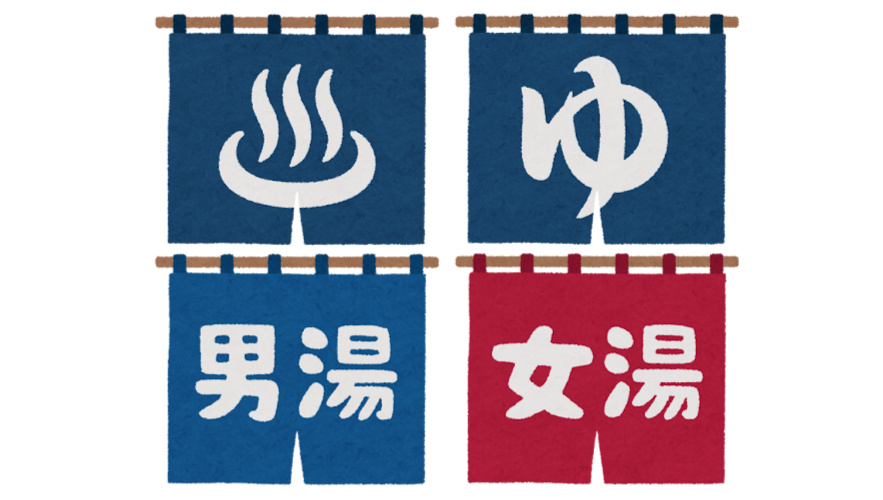
Signs may change depending on the time of day, so double-check defore entering.
3.Undress Completely
Swimsuits are not allowed. All bathing is done naked in the onsen.
Place your clothes in the provided basket or locker.
You may bring only:
- a small towel
- shower items
- your locker key
Large towels must stay in the changing area.
4.Wash Thoroughly Before Entering the Bath
This is one of the most important etiquette points.
Sit on the small stool at the washing station and use the shower to:
- wash your hair
- clean your entire body
- rinse off all soap and shampoo
Entering the communal bath without washing is considered inappropraite and disrespectful.
5.Enter the Onsen Quietly and Calmly
When entering the hot bath:
move slowly, avoiding splashing
keep your small towel out of the water
relax and enjoy the warmth
Most people simply soak quietly, meditate, or enjoy the scenery.
6.Be Mindful of Others
Onsen is a communal and peaceful environment. Follow these basic principles:
- Don’t stare at others, including those with tattoos
- Keep your voice low
- Avoid long phone use in the locker area (phones are prohibited in bathing areas)
- Keep long hair tied up
7.Do Not Swim or Put Your Head Underwater
The onsen is not a pool. The water is considered sacred and hygienic, so immersing your head is discouraged.
8.After Bathing
Gently wipe off excess water with your small towel entering the changing room. This helps keep the area dry.
9.Rehydrate
Because onsen water is very hot, drink water afterward to stay hydrated. Many facilities have vending machines conveniently placed near exits.
Onsen Etiquette Specific to Tattooed Guests
Here are a few extra considerations for visitors with tattoos:
1.Avoid Drawing Attention to Tattoos
While rules are becoming more relaxed, it’s still best to avoid:
showing large, graphic tattoos openly
walking around with your back or arms fully exposed if it makes others uncomfortable
If your tattoos are small, using a cover stricker is often appreciated.
2.Choose Lesser-Crowded Times
Early morning or late evening visits are more comfortable for those who prefer privacy.
3.Respect Staff Instructions
If staff politely asks you to cover tattoos or use a private bath, respond kindly. They are simply following house rules.
4.Consider Renting a Private Onsen
Many ryokan and bathhouses offer private rooms or outdoor baths (rotenburo) by the hour. This eliminates any stress and lets you enjoy the experience fully.
What to Expect: Will People Stare at Tattoos?
Most Japanese guests understand that tattoos are normal in many cultures. While some older visitors may glance at you out of curiosity, they rarely confront foreign guests directly. In big cities and tourist-heavy regions, tattoos are increasingly normalized.
The key is to behave respectfully and follow all gengeral onsen rules. Good manners leave a positive impression and help normalize tattoos in Japanese public baths over time.
How to Politely Ask About Tattoo Policies
If you want to check entering, here’s a simple phrase:
English:
“Are tattoos allowed here?“
Japanese:
「タトゥーは大丈夫ですか?」
(Tattoo wa daijobu desu ka?)
If unsure, staff will guide you. Many facilities already have multilingual signs at the entrance.
Recommended Options for Tattooed Travelers
While you can explore freely, these are safe choices if you prefer to avoid policy uncertainty:
1.Tattoo-Friendly Onsen
Some facilities explicitly welcome tattoos, especially in:
- Tokyo
- Kyoto
- Osaka
- Hokkaido
- Okinawa
- Hakone
- Kusatsu
Search for “tattoo-friendly onsen” when planning.
2.Super Sento & Spa Complexes
Newer, urban bathhouses often accept tattoos because they cater to international visitors.
3.Private Onsen (貸切風呂/家族風呂)
Perfect for couples, families, or travelers wanting full privacy.
Final Tips for a Smooth Onsen Experience
- Be respectful and calm
- Keep towels out of the water
- Follow all posted rules
- Cover tattoos if requested
- Enjoy the slow, mindful way of bathing
- Try different types of baths – outdoor, indoor, mineral-rich, or themed
Once you understand the etiquette, visiting an onsen becomes one of the most unforgettable parts of traveling in Japan.
Navigating Onsen Etiquette for Foreigner with Tattoos may seem complex at first, but the key is simple: respect the culture, follow the rules, and be considerate of others. With tattoo policies slowly evolving, more and more onsen welcome international visitors regardless of body art.
Whether you choose a tattoo-friendly bath, a modern spa, or a private hot spring, Japan’s onsen culture offers a chance to unwind, connect with nature, and experience a uniquely Japanese tradition. Embrace the warmth, the mineral waters, and the tranquility — and enjoy your onsen journey with confidence.


